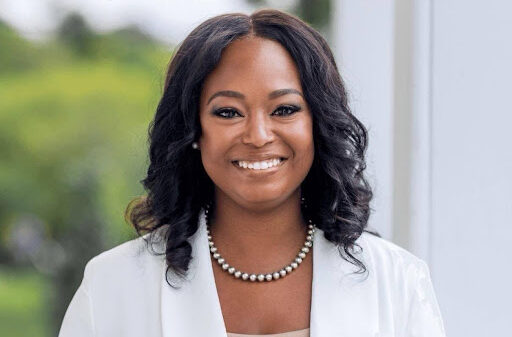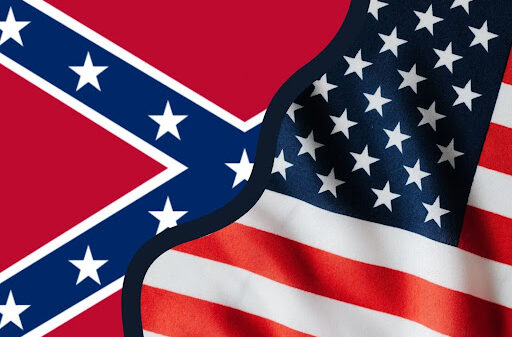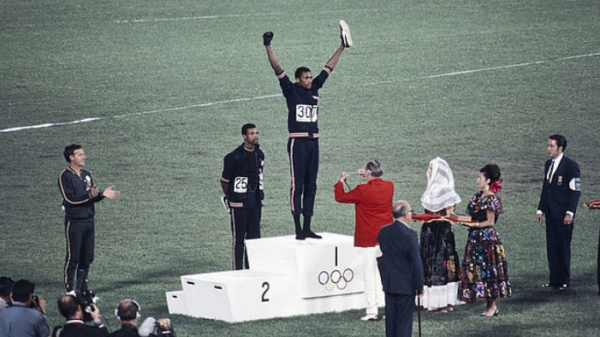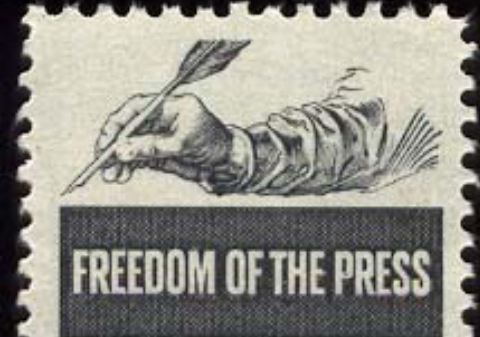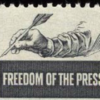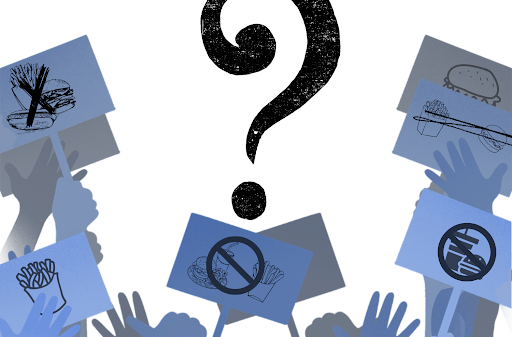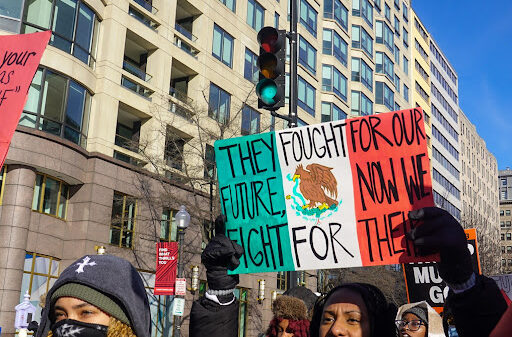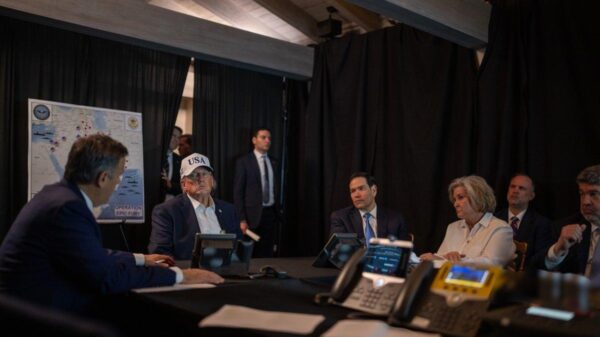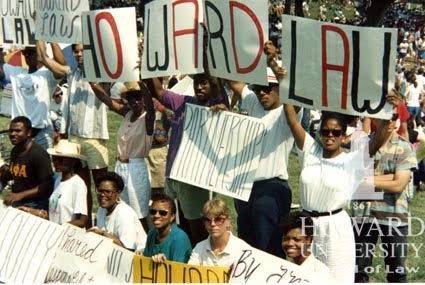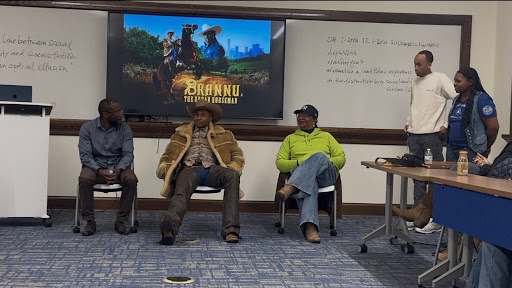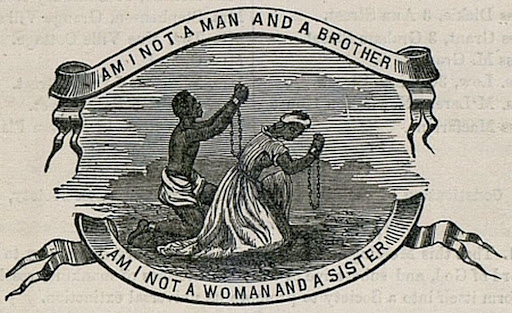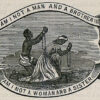
The U.S. Department of State recently announced that, during the U.S.-Africa Leaders’ Summit from Dec. 13-15, they will also host the African and Diaspora Young Leaders Forum on Dec. 13, which will be an opportunity for young members of the diaspora to engage with leaders from across the African continent in Washington, D.C.
The forum seeks to increase diaspora engagement, provide a platform for young African and diaspora leaders to develop innovative solutions to urgent global challenges, and improve the dialogue between U.S. officials and the African diaspora in the U.S.
With the theme, “Amplifying Voices: Building Partnerships That Last,” the event will be held in person and include breakout sessions on creative industries, environmental equity, and higher education.
The U.S. Department of State is seeking young leaders to participate in the event. The agency announced that ideal participants include 21-35-year-old people of African descent living both in and outside of Africa who are working on issues related to environmental equity, higher education, or creative industries.
This announcement comes as the Biden Administration released its policy toward Sub-Saharan Africa in August, announcing commitments to open societies, climate adaptation, democracy and security, pandemic recovery, and economic opportunity.
“I look forward to working with African governments, civil society, diaspora communities across the United States and the private sector to continue strengthening our shared vision for the future of U.S.-Africa relations,” President Joe Biden said in a July statement on the announcement of the summit.
Jy’Mir Starks, a junior legal communications major from Creston, South Carolina, believes the forum is significant and provides African diaspora leaders of all ages an opportunity to influence U.S. foreign policy in Africa.
“The Young Leaders Forum is significant because attendees can discuss African independence and partnership rather than paternalistic public policy. African leaders, young and old, should be able to dialogue with any person or state,” Starks said.
Nagea Kirkley, a senior, international relations and community development double major from Atlanta who plans on attending graduate school to study international affairs and pursuing a career with an international for-profit or nonprofit organization, echoes similar sentiments.
“The young leaders’ forum is significant because it provides young people an opportunity to be heard. I hope African leaders stand up for themselves at the Summit and assert the power that they hold,” Kirkley said.
The U.S.-Africa Leaders’ Summit will highlight the importance of U.S.-Africa relations and improved cooperation on common global priorities such as reducing the impact of COVID-19 and future pandemics, promoting food security and responding to the climate crisis, according to the Department of State. The convening seeks to build on shared values to foster new economic engagement, reinforce the U.S.-Africa commitment to human rights and democracy, and advance peace and security.
To Alexandria Maloney, the president of the Black Professionals in International Affairs, a nonprofit dedicated to increasing the number of African Americans and people of African heritage in international affairs, the summit could not have come at a better time.
“The U.S.-Africa Summit is both timely and crucial to U.S. foreign policy in 2022,” Maloney said.
“To see the Young Leaders Forum take center stage speaks volumes on the importance of bringing emerging leaders into the room given the current political climate internationally. I hope to see climate change and civic engagement prioritized by world leaders this year,” Maloney continued.
Dr. Krista Johnson, an associate professor in the African Studies department at Howard and the director of Howard’s Center for African Studies, believed the summit and forum have greater implications for the future of U.S.-Africa relations.
“The U.S.-Africa Leaders Summit is an important milestone in U.S.-Africa policy and signals the growing importance of African countries in U.S. foreign policy agenda. The forum is likely to be the headline of the summit and has the opportunity to re-constitute African diaspora relations, putting young leaders on the continent and the diaspora at the center of the conversation,” Johnson said.
Howard University has historical ties to the U.S. Department of State and engagement in Africa via alumnus, former professor, and political science department chair, Under-Secretary-General at the United Nations, the first African American to serve as a desk officer at the Department of State and the first African American awarded the Nobel Peace Prize, Dr. Ralph Bunche. The on-campus center named in his honor houses the University’s international programs and the African Studies department.
Bunche became one of the foremost U.S. authorities on Africa and issues related to the continent and is known as a pioneer who helped improve relations among members of the African diaspora.
“Howard and HBCU [historically Black colleges and universities] students interested in international careers should take advantage of the growing professional development opportunities in Washington D.C. The summit will have many side events and higher education institutions, especially HBCUs, play an important role in these conversations given their central role in educating and training the youth,” Johnson said.
Nominations for attendance are due before noon eastern time on Nov. 8. Information on how to self-nominate is available via the Federal Register.
Copy edited by Alana Matthew



